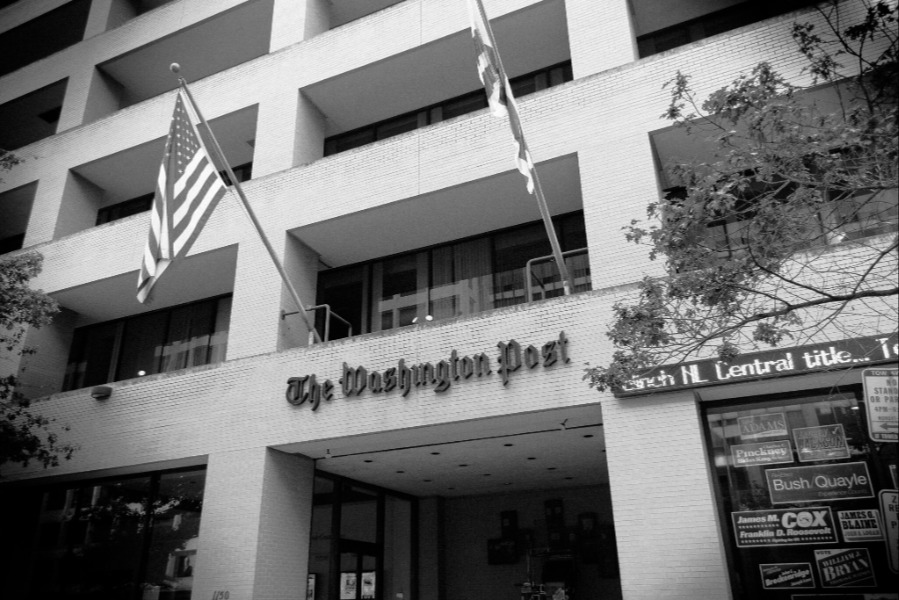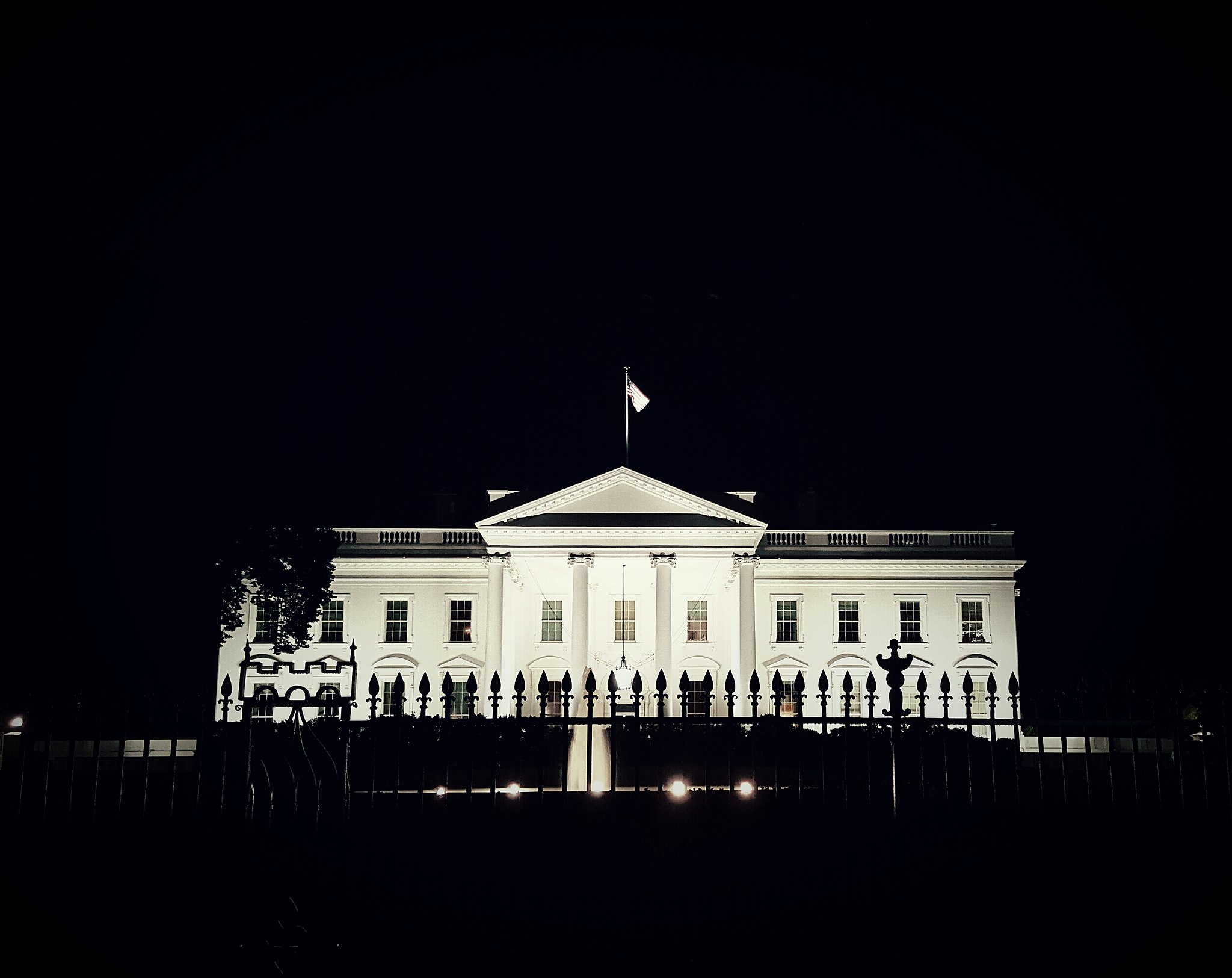The "Thick Line" of 2016
In transitional justice, the "thick line" is a deliberate policy of forgetting what went before. I want to suggest a version of the thick line for the 2016 election campaign; more specifically, a one-year moratorium on pointing out the inconsistency or even hypocrisy of others, based on statements they made during the campaign. The gleeful and mocking charge of inconsistency, which accounts for some 50% of all Twitter posts, is purely destructive if, and when, the target's new course of action is a good one.
Published by The Lawfare Institute
in Cooperation With

In transitional justice, the "thick line" is a deliberate policy of forgetting what went before. I want to suggest a version of the thick line for the 2016 election campaign; more specifically, a one-year moratorium on pointing out the inconsistency or even hypocrisy of others, based on statements they made during the campaign. The gleeful and mocking charge of inconsistency, which accounts for some 50% of all Twitter posts, is purely destructive if, and when, the target's new course of action is a good one. Excoriating the target's inconsistency or hypocrisy may deter them from doing good, or delegitimate the good action itself.
And it seems to me this issue is arising all over:
- Trump's people apparently have told Middle Eastern governments to ignore the inflammatory campaign rhetoric. That's a good thing, say I, and let's not lambast them for the switch.
- Trump said on Thursday that the President is a "very good man." That's a happy moment. Not an occasion for sneering charges of inconsistency.
- Many conservative lawyers who were proudly "Never Trump" will go work in the administration. As others have pointed out, that's a good thing; their practical wisdom will, one hopes, moderate and refine the conduct of the public business.
- Many liberal celebrities pledged to leave the country if Trump were elected, and they're all backing down. Great; they are in many cases excellent actors, or comics, or what have you, who enrich our arts. I don't want them to leave (although I wish they would stick to what they're good at, entertainment, and stop sneering at their inferiors quite so much).
Now there are also harder cases, in which the target's first position was right or good, and the new inconsistent position is wrong or bad. Admittedly, in such cases, the threat of reputational penalties, enforced by public mockery for inconsistency, might deter switches that are in fact bad. This is a genuine cost of the thick line. On balance, however, I think the price worth paying. We were—all of us—so abominable during the campaign that I think allowing switches is more likely on balance to encourage movement to new, healthier views.
Let's all draw a thick line, shall we, separating us from the campaign season? Perhaps we can all go and sin no more.
(This post inspired in part by a conversation with Richard W. Garnett, who is more mature than I am).





